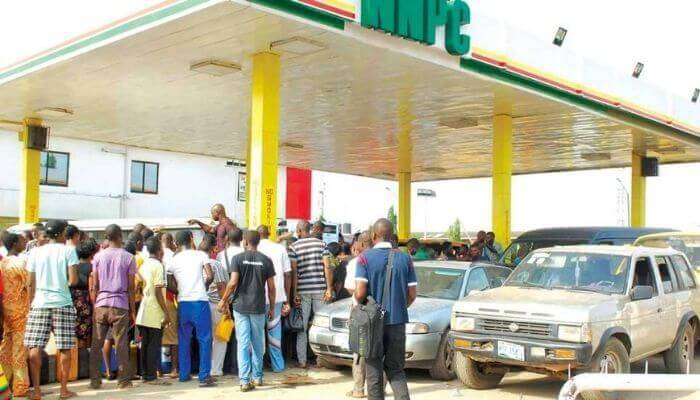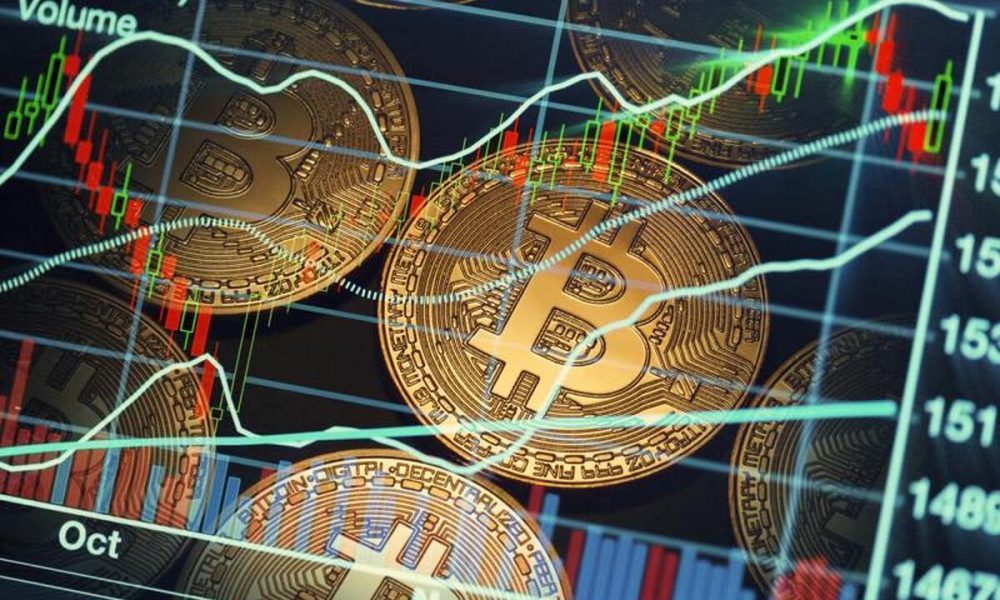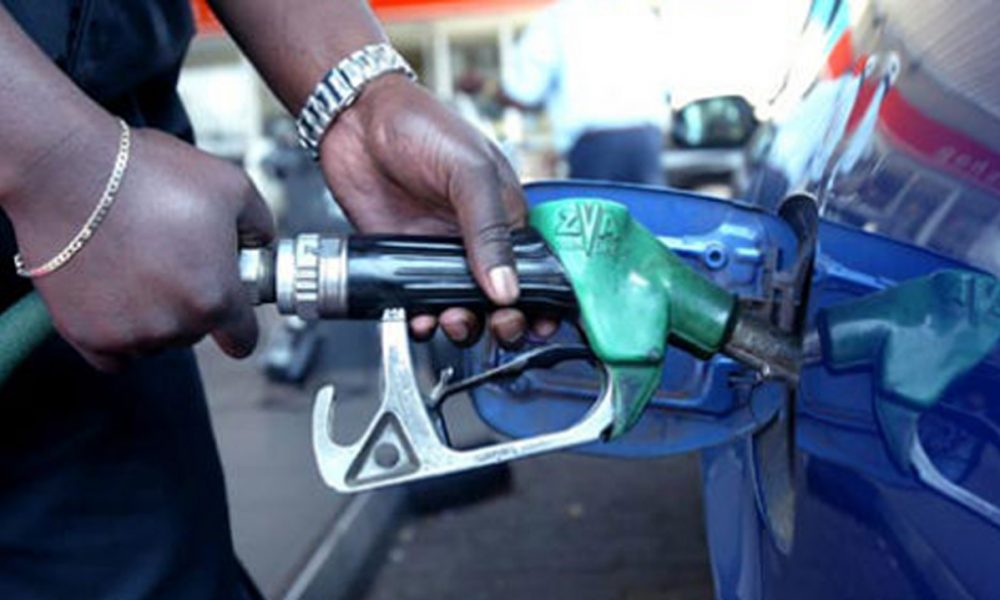As Nigerians React to Fuel Price Hike, Experts Urge Investigations into Nigeria’s Troubled Petroleum Sector
With fuel prices soaring, the country is bracing for the worst. Following the recent cabinet reshuffle, experts are calling for transparency and urgent action to address the nation’s struggling petroleum sector.
Austin Aigbe, Regional Advocacy Lead and ECOWAS Liaison Officer for the West Africa Democracy Solidarity Network, emphasizes the need for a dedicated minister to lead the sector, stating, “The current situation is unacceptable, and a single minister must be appointed to ensure accountability and drive progress.” He commends President Bola Tinubu’s efforts to reassess and revamp the cabinet structure, recognizing the importance of identifying and addressing systemic weaknesses.
The Dangote Petroleum Refinery is now supplying Premium Motor Spirit (PMS) directly to certain oil marketers, bypassing the Nigerian National Petroleum Company Limited (NNPC). This shift is significant, as more marketers begin to acquire PMS from the refinery instead of importing it, with a whopping 123.4 million liters expected to arrive in the coming weeks.
The recent development raises questions about the role of the NNPC in the fuel market. With hundreds of millions of liters of imported PMS arriving, the landscape is shifting, and the Dangote refinery’s $20 billion output provides an alternative source of supply.
Oil marketers are now procuring PMS directly from the Dangote plant in Lekki, Lagos, marking a significant change in the Nigerian fuel supply chain. This new arrangement operates on a willing-buyer, willing-seller basis, enabling marketers to bypass traditional suppliers and engage directly with the refinery.
Meanwhile, the Nigerian National Petroleum Company Limited (NNPCL) has initiated the process of addressing its staggering $6 billion debt to its suppliers. The development was confirmed by the Ministry of Finance, with a senior official stating that the company has started repayment procedures.
With fuel prices soaring, the NNPCL’s financial struggles are severe, with liabilities exceeding $6 billion. The company’s struggles to maintain supply and settle its debts are comprehensible. Meanwhile, the government is under pressure to provide effective solutions to this crisis.



